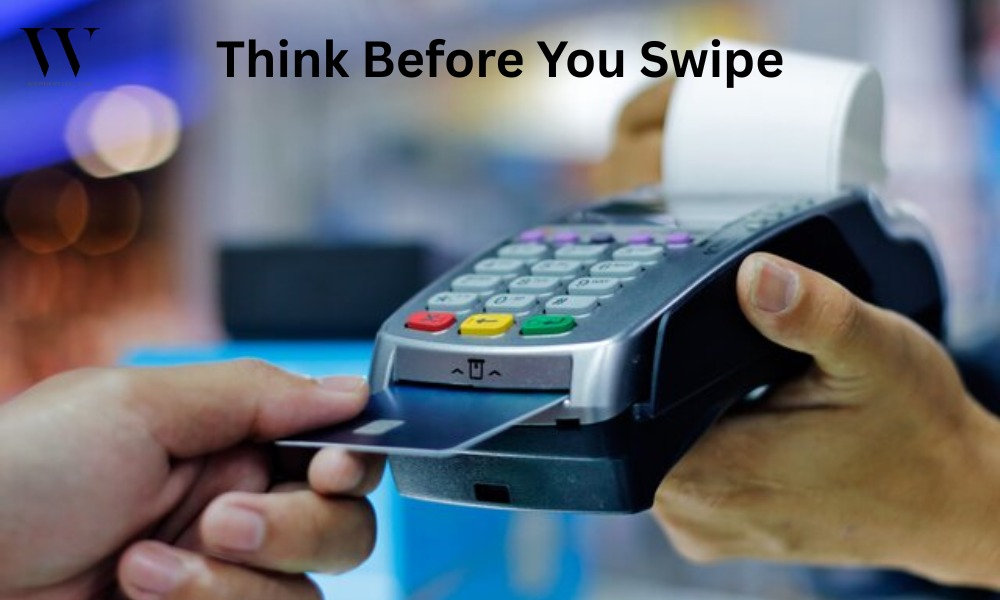While credit cards offer convenience and rewards, they can easily become financial traps if misused. Experts advise avoiding credit card use during high-interest purchases, recurring debts, or when tempted by emotional spending. Overreliance can escalate debt, damage credit scores, and compromise financial health if not managed responsibly.
Credit cards are one of the most powerful financial tools in modern wallets — but convenience can come at a cost. When used irresponsibly, they can spiral into high-interest debt, overspending, and a damaged credit profile. Knowing when not to swipe your card can protect you from long-term financial strain.
1. When you can’t afford full repayment:
If you cannot clear your monthly balance in full, skip credit card payments altogether. According to Scripbox and Bankrate, carrying forward unpaid dues can trigger annual interest rates as high as 36–48%, turning small purchases into long-lasting debt burdens.
2. For luxury or emotional splurges:
Money experts warn that using credit cards for non-essential buys — like gadgets, vacations, or shopping sprees — can distort spending discipline. With “future you” footing the bill, it’s easy to lose track of affordability. Awareness of emotional spending can prevent impulsive debt accumulation.
3. When close to your utilization limit:
Keeping your card balance under 30% of your total credit limit is crucial. A high utilization ratio can hurt your credit score by signaling lenders that you rely too heavily on credit, says CRIF India. Financial planners recommend maintaining a lower ratio (under 10%) to safeguard your score.
4. During recurring monthly expenses:
Using cards for groceries, bills, or fuel might seem convenient, but recurrent charges can quietly grow into large unpaid balances. Regular dependence on credit for essentials indicates living beyond your means — a clear red flag, warns ICICI Bank.
5. When promotional offers tempt you:
“Buy now, pay later” schemes and EMI conversions often mask hidden costs. Many such offers carry deferred interest or penalty conditions that inflate your final bill. Experts recommend cash or debit alternatives unless absolutely necessary.
6. When struggling with existing debt:
Avoid layering new credit on existing loans. Instead, prioritize repayment using balance-transfer strategies at zero interest and revisiting your budget for financial recovery.
Ultimately, using a credit card wisely is less about the swipe and more about self-control. Thoughtful budgeting, timely repayments, and restraint are the real rewards of credit effectiveness.
Sources: Bankrate, Scripbox, ICICI Bank, Digital Defynd, CRIF India, Airtel Finance Blog
